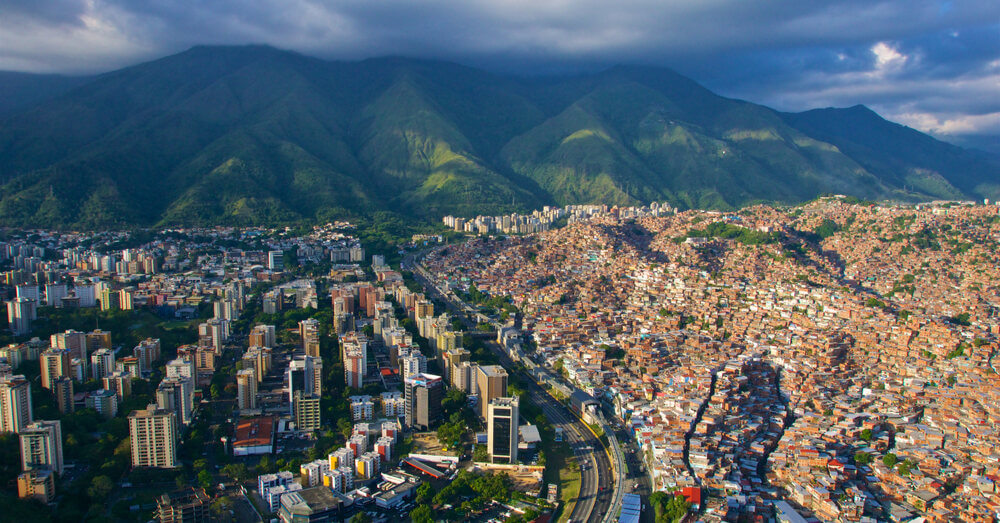
The 90-day trial period was granted by the National Securities Superintendency of Venezuela
The National Securities Superintendency of Venezuela has approved a 90-day pilot program for a decentralised stock exchange powered by cryptocurrency.
Despite international sanctions imposed by the US in the country, the goal of the stock exchange is to one day have a global reach.
The media outlet Cointelegraph Espanol reports that news of Venezuela’s authorisation to operate for the Decentralised Stock Exchange was published in the country’s official gazette, in Issue #6578 on September 29.
The exchange, which has been abbreviated to BDVE, claims on its website that the platform is “the first decentralised stock exchange in the world.” It adds that users will be capable of accessing the exchange regardless of where they are located in the world, without having to worry about restrictions.
“[BDVE] represents a new and innovative segment of the stock market, which, with the use of new information and communication technologies, provides the investor with security and control over its financial assets,” the website said.
The local securities watchdog will be the entity responsible for determining whether the exchange will be granted a licence to continue trading after the 90-day trial period is over.
The operating manual of the platform notes that the securities traded on the platform will mostly be ERC 223 and ERC 721 tokens, or a third token that is “packable”. While the document does not make any mention of Ethereum, the use of ETH token standards indicates the platform may be built on using the Ethereum blockchain.
The manual does not mention whether the El Petro, Venezuela oil-backed national cryptocurrency, will be used by the exchange.
On the same day of the announcement, President of Venezuela, Nicolas Maduro, also revealed a new “anti-sanctions bill” intended to reduce the impact of the economic sanctions that have been imposed by the US. It is currently being reviewed by the country’s National Constituent Assembly.
“The anti-sanctions bill is the first response to give new strength to the use of Petro and other cryptocurrencies, national and global, in domestic and foreign trade, so that all cryptocurrencies of the world, state and private, could be used. This is an important project that is under development,” Maduro said.
The bill notes that both private and state-backed cryptocurrency assets have the potential to be used to facilitate both domestic and foreign trade beyond the reach of US sanctions.

